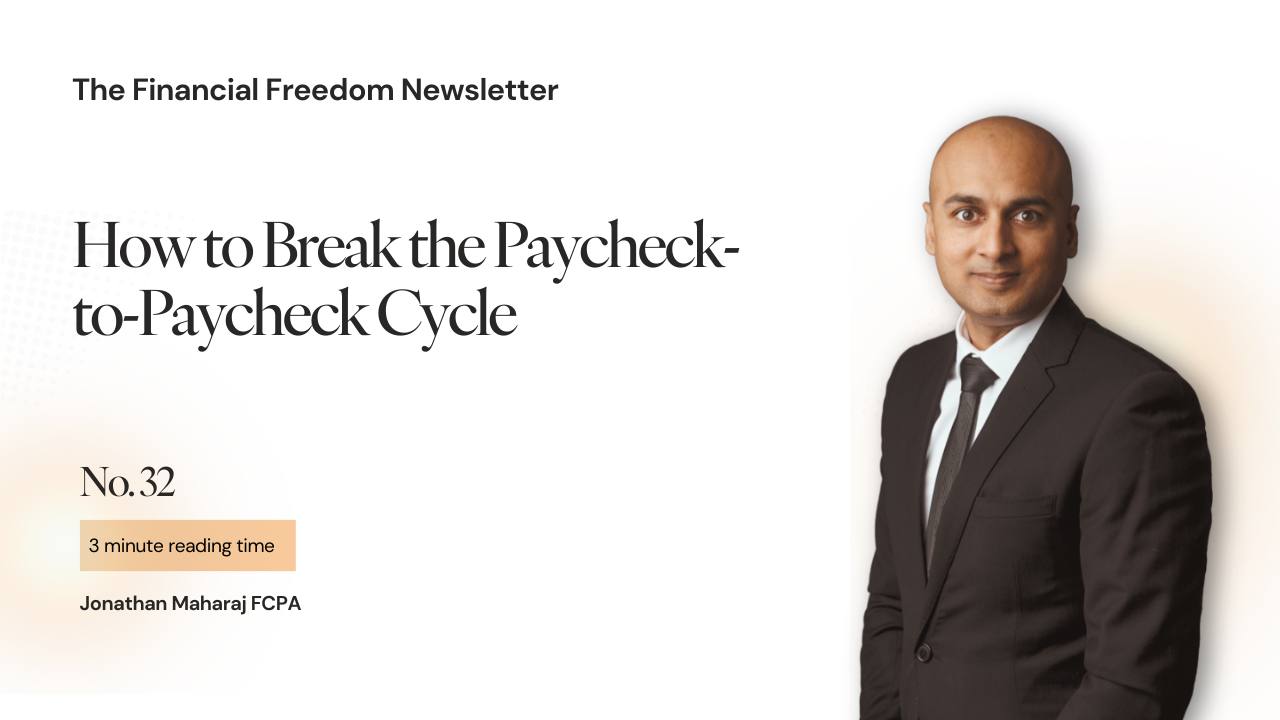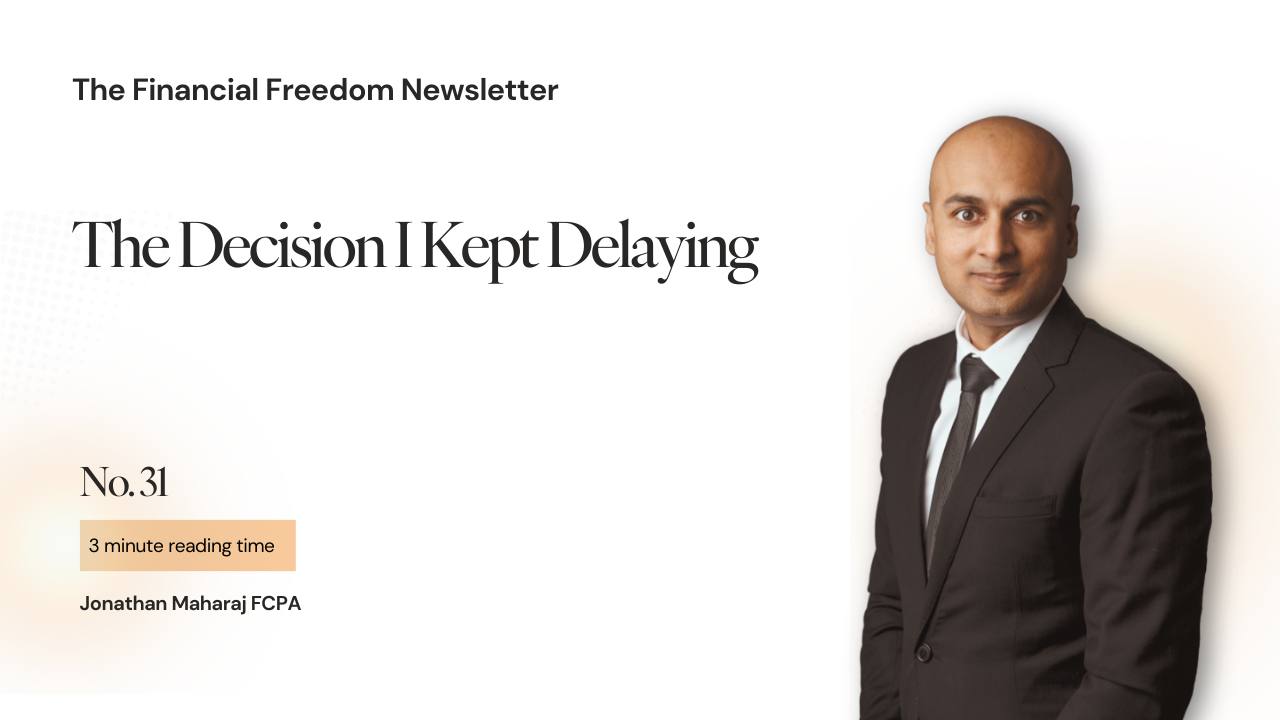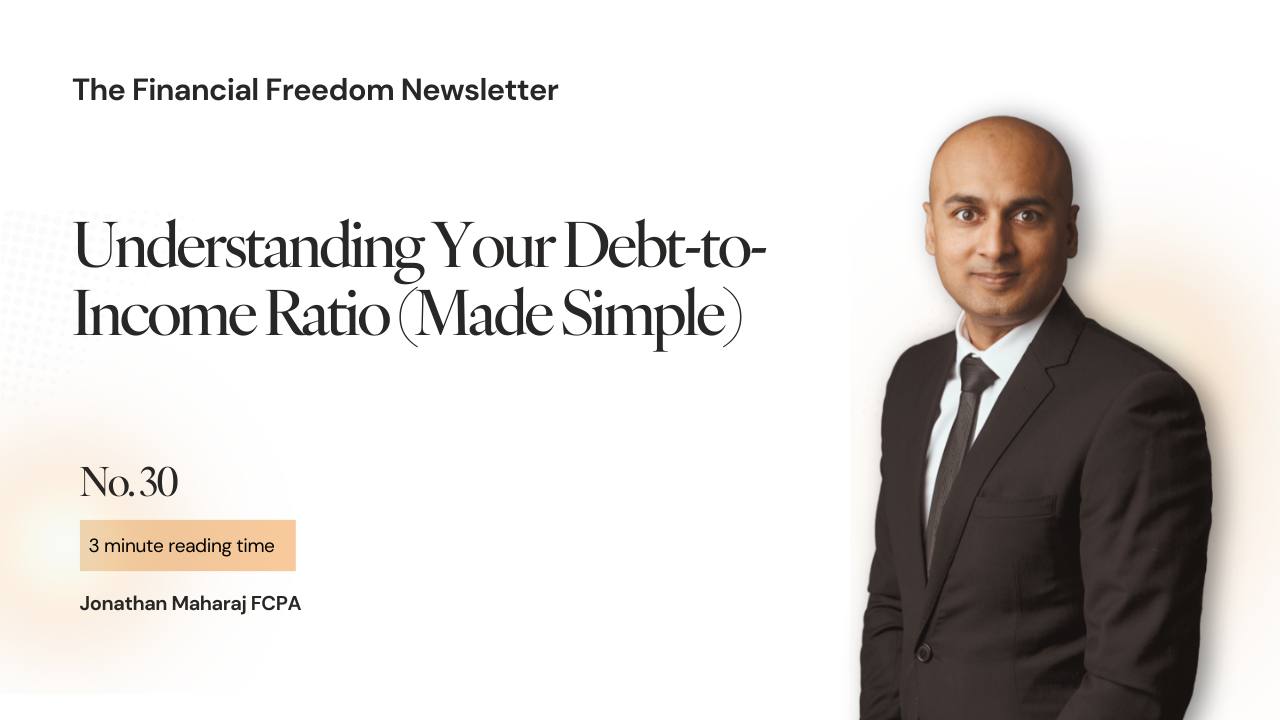14. The Wealth Ladder: How to Level Up Your Finances Step by Step
You know you should be building wealth, but many people don't have a plan. They rely on luck, not strategy.
Wealth isn’t luck but a staircase you climb, one step at a time.
Spotting the Broken Steps
-
Many see homeownership as a cost instead of wealth. Yet Harvard’s Joint Center found homeowners increased their wealth from 1999 to 2013, while renters did not.
-
High earners can still be broke if they don’t build assets because wealth is not income. It’s systems that turn income into ownership.
-
Without structure, even small setbacks (like job loss or a health issue) can knock you off the ladder.
Here's a shift mindset: Think of wealth as methodical progress, not magic.
What the Steps Look Like
A proven wealth ladder includes:
-
Emergency Savings and Cash Flow
Build stability before moving forward. -
Debt Paydown
Eliminate high-interest debt to free capacity. -
Asset Acquisition
Invest in appreciating assets: homes, businesses, index funds. -
Leverage and Scale
Use equity and income to reinvest and expand. -
Diversification and Legacy Planning
Protect assets and plan for generational wealth.
Case Study
A senior manager earning six figures was stuck in a cycle of paying debt, saving, and repeating. We mapped his steps. Within three years, he bought an investment property, built $200k equity, and automated his climb.
Practical Steps to Build Wealth
-
Identify your current step: saving, debt-free, investing?
-
Define your next step: e.g., from savings to asset purchase.
-
Set specific goals and deadlines: e.g., “Save 3 months expenses by Sept 1.”
-
Automate growth: link transfers to your bank for steady momentum.
Build with purpose or stay where you are
Each step compounds. Your next one could be your breakthrough.
That's all for this week.
See you next Friday.
- Jonathan M.
—
P.S. Want help turning strategy into execution? Reach out here.
References
- Joint Center for Housing Studies, Harvard University. (2020). Wealth Benefits of Homeownership 1999–2013. Retrieved from https://www.jchs.harvard.edu/sites/default/files/hbtl-06.pdf
Disclaimer: This newsletter is general information only and is not financial advice. Always do your own research and consult a professional about your circumstances.



